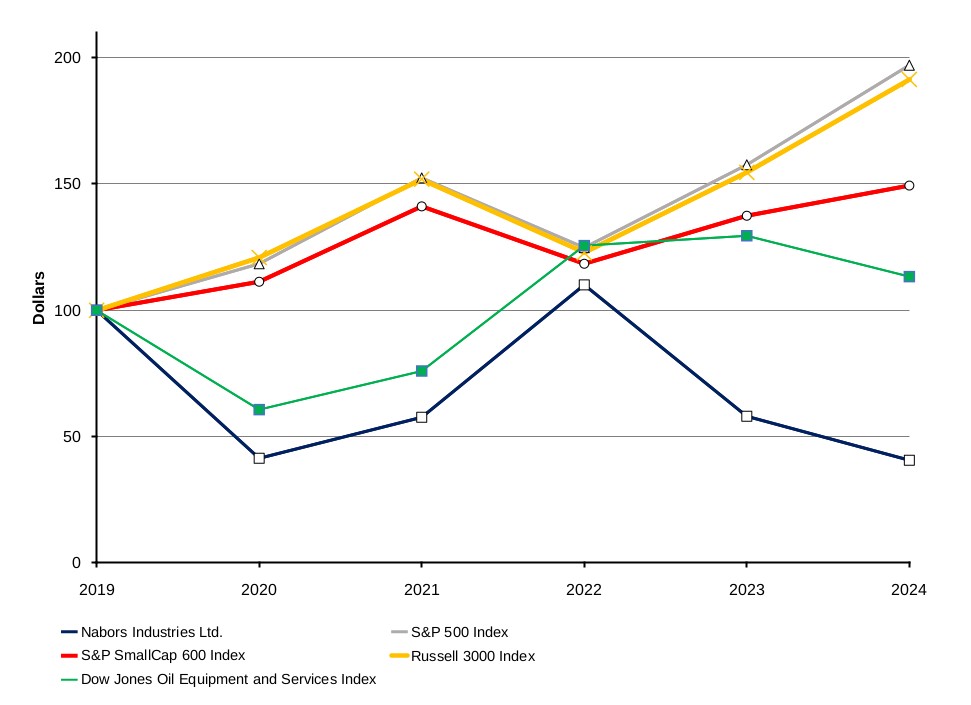Decisions by internet service, cloud host service and related providers to restrict or ban our ability to use their platforms could adversely affect our ability to promote and conduct our business and inform investors.
We utilize the internet to provide services and to promote our business and services to current and potential customers and to provide information and updates to our investors. Internet service providers, cloud hosting services, social media companies and website providers that currently allow us to utilize their platforms to communicate with customers and the public may decide that our business or the industry in which we operate negatively affects their business or may make business decisions or changes to their policies that negatively affect us. Such actions could include placing restrictions on our use of their platforms or banning us from utilizing their services altogether. Our inability to use these platforms may have a negative effect on the way we are perceived in the industry or in the media and may adversely affect our business, financial condition, results of operations and cash flows.
Failure to effectively and timely address the energy transition could adversely affect our business, financial condition, results of operations, cash flows and share price.
Our long-term success depends on our ability to effectively address the energy transition, which will require adapting our business to potentially changing government requirements and customer and investor preferences, as well as engaging with our customers to develop solutions to decarbonize oil and gas operations. If the energy transition occurs faster than anticipated or in a manner that we do not anticipate, demand for our products and services could be adversely affected. Furthermore, if we fail or are perceived to not effectively implement an energy transition strategy, or if investors or financial institutions shift funding away from companies in fossil fuel-related industries, our access to capital or the market for our securities could be negatively impacted.
Our aspirations, goals and initiatives related to sustainability and emissions reduction, and our public statements and disclosures regarding them, expose us to risks.
We have developed, and will continue to develop and set, goals, targets, or other objectives related to sustainability matters. Statements related to these goals, targets and objectives reflect our current plans and do not constitute a guarantee that they will be achieved. Our efforts to research, establish, accomplish, and accurately report on these goals, targets, and objectives expose us to numerous operational, reputational, financial, legal, and other risks. Our ability to achieve any stated goal, target, or objective, including with respect to emissions reduction, is subject to numerous factors and conditions, some of which are outside of our control. Some factors include, but are not limited to, (i) the extent to which our customers’ decisions directly impact, relate to, or influence the use of our equipment that creates the emissions we report, (ii) the availability and cost of low- or non-carbon-based energy sources and technologies, (iii) evolving regulatory requirements affecting sustainability standards or disclosures, and (iv) the availability of suppliers that can meet our sustainability and other standards. In addition, standards for tracking and reporting on sustainability matters, including climate-related matters, have not been harmonized and continue to evolve. Our processes and controls for reporting sustainability matters may not always comply with evolving and disparate standards for identifying, measuring, and reporting such metrics and such standards may change over time, which could result in significant revisions to our current goals, reported progress in achieving such goals, or ability to achieve such goals in the future. Our business may also face increased scrutiny from investors and other stakeholders related to our sustainability activities, including the goals, targets, and objectives that we announce, and our methodologies and timelines for pursuing them. If our sustainability practices do not meet investor or other stakeholder expectations and standards, which continue to evolve, our reputation, our ability to attract or retain employees, and our attractiveness as an investment or business partner could be negatively affected. Similarly, our failure or perceived failure to pursue or fulfill our sustainability-focused goals, targets, and objectives, to comply with ethical, environmental, or other standards, regulations, or expectations, or to satisfy various reporting standards with respect to these matters, within the timelines we announce, or at all, could adversely affect our business or reputation, as well as expose us to government enforcement actions and private litigation.
We will be subject to a number of uncertainties during the timeframe when Nabors Energy Transition Corporation II (“NETC II”) pursues a business combination, which could adversely affect our business, financial condition, results of operations, cash flows and share price.
If NETC II is unable to consummate a suitable business transaction during the prescribed time period set forth in the terms of the initial public offering, we may experience negative reactions from the financial markets and from our shareholders. In addition, in the event that NETC II is able to find a suitable business combination, or if the business
